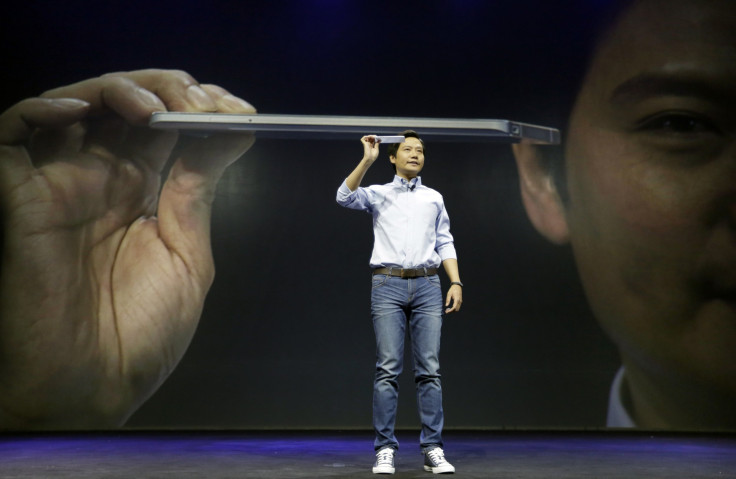Xiaomi, Facing Supply Constraints, Set To Boost Production In India, Taiwan

Xiaomi is in talks with multiple partners across its supply chain to boost shipments of components for its premium phones as it looks to expand into new markets. Word of the move comes after Hugo Barra, a Xiaomi vice president, told International Business Times last week that the Chinese phone maker, which has seen meteoric growth over the past year, may be facing supply constraints.
To meet strong demand in India, Xiaomi is huddling with manufacturing partners Inventec and Foxconn Technology to jointly set up a plant in the country, but a final timetable hasn’t been set, Digitimes reported Monday, citing Xiaomi President Lin Bin.
Simultaneously, the company also is in talks with its Taiwanese component suppliers to help ramp up production on their end, Digitimes said. The company’s main hardware suppliers from Taiwan include MediaTek for chipsets, Largan Precision for camera modules and AU Optronics for displays.
Xiaomi is looking to launch its best offerings in new markets to establish new beachheads, Barra, the company’s vice president for international operations, said in Bangalore, India, on Friday. Xiaomi recently released its Mi 4 smartphone in India, but a Mi Note launch isn’t likely soon.
Supply constraints meant that Xiaomi was still ramping up production of the Mi Note, its flagship device, just for the Chinese market. Xiaomi hasn’t specified a timetable for an India launch of the Mi Note beyond saying it could be in the next few months.
Setting up a production base in India, and in other developing markets like Brazil, is key to Xiaomi’s long-term plans, company officials have said. Beyond adding to manufacturing capacity, the moves help it gain favor with local governments pushing for manufacturing jobs.
An increase in excise duty on imported smartphones, proposed in India’s latest federal budget, was one reason Xiaomi priced the Redmi 2 at 6,999 rupees ($112) at launch, Barra said Friday. The company had originally intended to price it at 6,499 rupees, he said. In Brazil too, the tax structures are such that local manufacturing holds the key to that market, Barra, who hails from Brazil, has said previously.
© Copyright IBTimes 2025. All rights reserved.




















